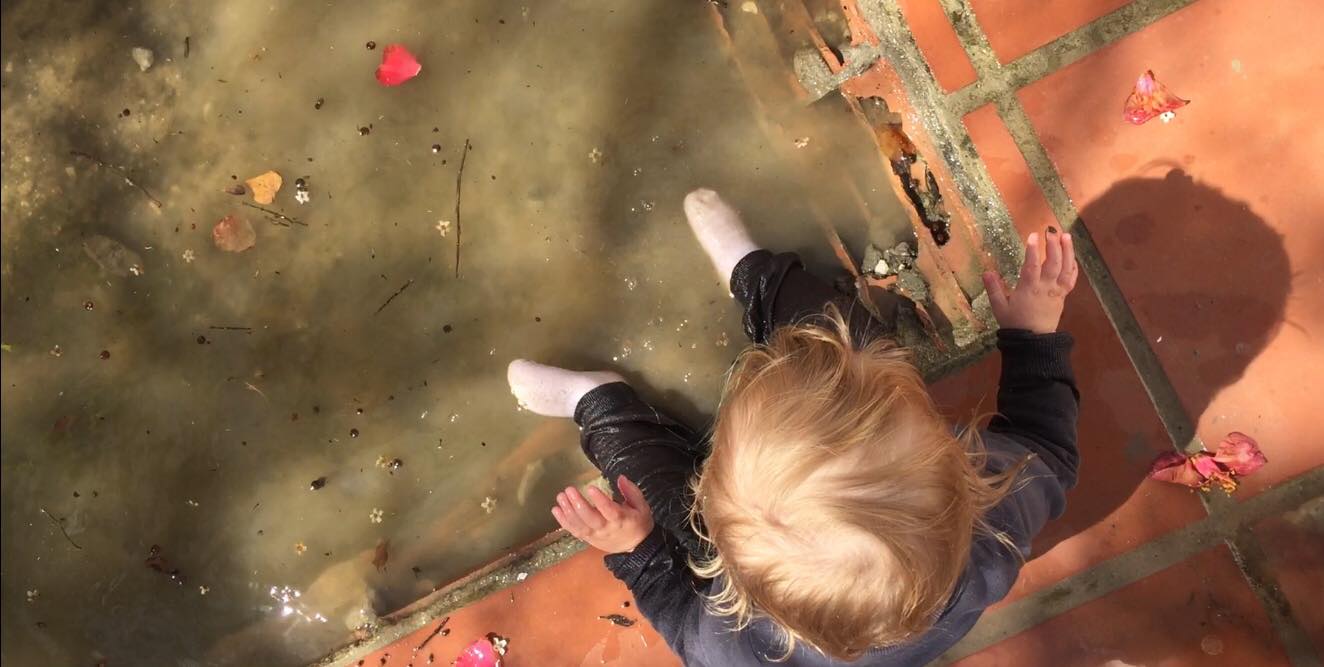Check out Elephant’s Continually-updating Coronavirus Diary. ~ Waylon
~
I recently wrote an article about the dangers of romanticising lockdown, about the fact that many of us will suffer deeply during these weeks of isolation.
But I know that healing is available too—that some of us will be blessed enough to have the tools in our possession that will allow us to use this time in our emotional favour.
I, for one, have been privileged to spend the best part of the last 10 years in self-inquiry, personal process, and spiritual practice—in recovery from trauma, eating disorders, and addictions.
Intense presence is what these days are calling me in to. I was not aware of how much the simple, daily “doing” distracted me from a restlessness I didn’t even realise was still there. I can be alone for weeks and relish the sacred space. I can sit in meditation for hours. I can rest in the embrace of nature on retreat for a week without my phone or books or anything else to take me from myself.
But in some ways, these are an indulgence. To be at peace when all you need to do is luxuriate in ease is, well, easy.
Or at least, it became easy over many years.
But here—inside my home with my partner and child, almost constantly on demand, nowhere to go, nothing in particular to do—I notice my restlessness.
I experience it as a subtle agitation. I experience it as the feeling of needing to do more than one thing at once. I’m with my little boy and I’m wanting to work, to write an article, to complete a course module, research something, read, ring someone, or reply to a WhatsApp. If I’m writing, I want to be writing three articles at once. If I’m reading, I want to be reading three books at once.
I experience it as pressure. I experience it as never enough. I experience it as a craving for “space.” I experience it as irritability with my partner. I experience it as negative fantasies of the future. I experience it as struggling to accept the unknown—a compulsion to make pointless plans. I experience it as an impatience.
And I recognise it as a continual attempt to carve out time that doesn’t exist, instead of knowing deeply that the moments for these things will eventually and spontaneously present themselves, whether today or in two years time.
I’ve been trying to “get over” this sensation of agitation. I keep trying to let it go and breathe it away—things I teach others not to do. And then I remember that, in the words of one of my teachers, “we teach most what we need to learn,” and so I come back to my own words, my own wisdom. Our answers always live within.
I don’t need to resist my own resistance; I can simply be with it. More so, I can allow my tensions to lead me home.
As I trace the thread of feeling deep in to my being, I immediately feel the fear that drives it all. The quiet and lifelong fear of not being enough, therefore not doing enough, and the fear of not coping. The emotional debris of my past, rising in the silence and bouncing around my body.
And so I feel it all, deeply. I let it move freely through my body, and I cry with both grief and relief. I cry with the joy of remembering that I can now simply cease to be caught up in these ancient echoes from my childhood.
And the space expands.
Every time I notice the restlessness rise, I recognise the emotional memories, and I honour them because I deserve to be heard. But then I simply smile and dive in to the remarkable opportunity that I know is beckoning me toward it and I say to myself:
“Be. Here. Now.”
My body softens, and I relax in to the expansiveness of the moment, so that I can hold my partner, write without distraction, or sit and watch my son play with petals in a puddle.
Intense presence is what these days are calling me in to. What are they calling forth for you?


 Share on bsky
Share on bsky





Read 0 comments and reply